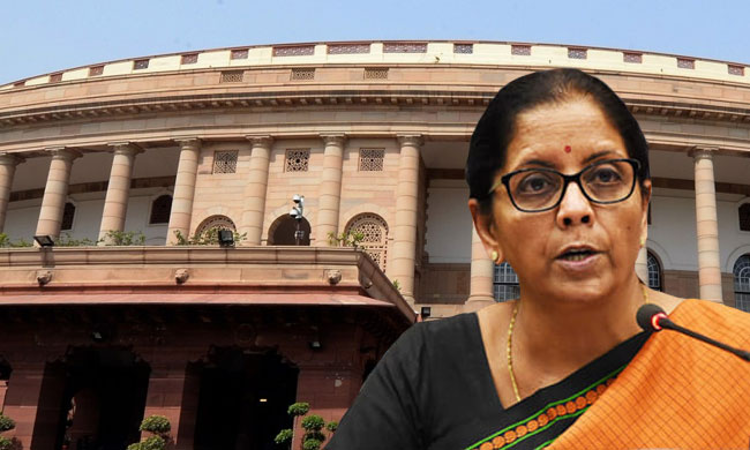Interim Budget 2024: How is the interim Budget different from the Annual Budget?
Mariya Paliwala
1 Feb 2024 11:02 AM IST

Next Story
1 Feb 2024 11:02 AM IST
Today, Finance Minister Nirmala Sitharaman will introduce the Interim Budget 2024. As the finance minister, this will be her sixth budget presentation. Since this is the final budget of the current Lok Sabha, all eyes are on the finance minister. For those who are unaware, this is really an interim budget; the final union budget will be unveiled following the general elections in 2024, which...
